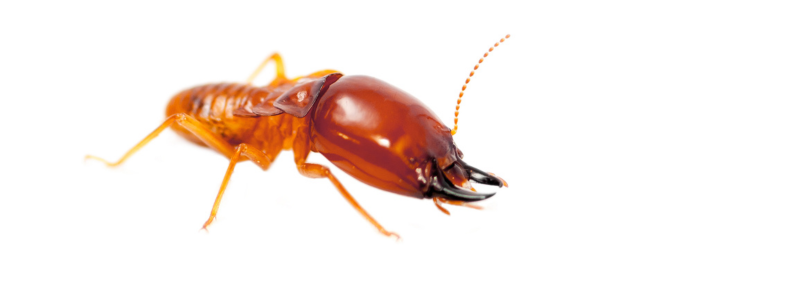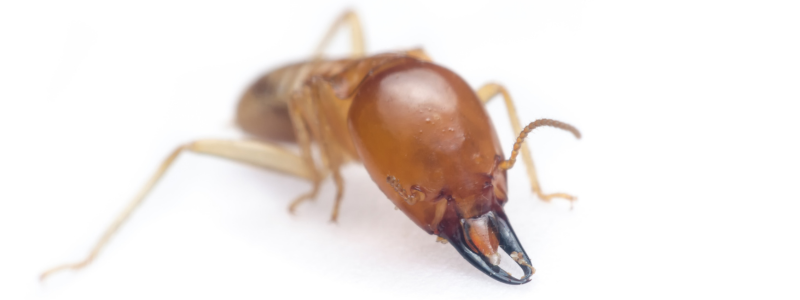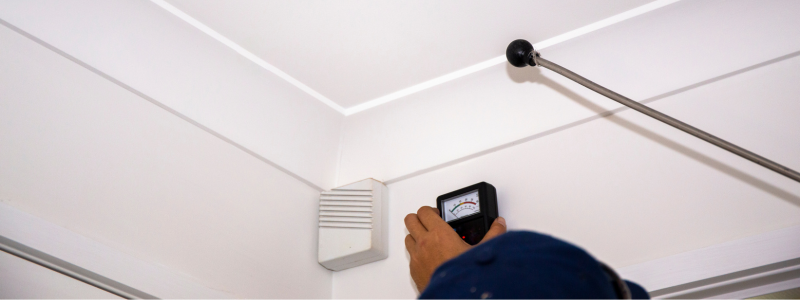Why Termite Control Is Important
9 Reasons Controlling Termites Matter
Termites can be a real pain, causing tons of hidden damage to your home before you even notice them. But with the right termite control plan from Green Pest Control, you can stop them in their tracks and prevent further destruction. In this article, we’ll talk about why effective termite management methods is so important for protecting your home’s value and your family’s safety.
1. The Hidden Damage Termites Cause
Termites are sneaky little bugs. They chew through wood, flooring, Sheetrock, and insulation. These insects damage the hidden structural components of your home. You might not even notice the problem until it’s spread over a wide area. Left uncontrolled, termites can cause floors to collapse, walls to buckle, and foundations to crumble. Not good. Taking steps to eliminate termites and prevent future infestations protects your home from this hidden damage.
2. Costly Repairs After a Termite Infestation
If you let an infestation go too long, you could end up paying thousands of dollars to repair the damage. Replacing floor joists, subfloors, wall studs, and other building materials is expensive. And often you won’t know the true scope of the destruction until repairs begin, leading to even higher costs. Investing in the right solutions from the start saves you big bucks down the road.
3. Lower Property Value
Termite damage and past infestations can lower your home’s value by 10-25%. Home buyers know that these problems often lead to expensive repairs and structural instability. And no one wants to buy a money pit! Taking care of your termite problem proves to buyers that your home’s structure is sound. This helps you sell for top dollar when the time comes.
4. Stop Further Destruction
The longer termites munch away at your home, the worse and more expansive the damage will be. Don’t let them continue on their path of destruction! Effective methods stops them in their tracks so they can no longer eat away at your home’s structural integrity. The sooner you act, the easier it will be to eliminate the termites and prevent long-lasting harm.
5. Improved Safety
Extensive damage made by these pests can cause floors or ceilings to collapse, creating a major safety hazard for your family. Termites can also eat through support beams, compromising the structural stability of your home. By getting rid of termites and repairing any damage, you make your living space safe and secure again. No one wants to worry about the floor giving out under them!
6. Better Health
Termite infestations can worsen indoor air quality and respiratory issues like asthma. As termites munch through materials, they release tiny particles into the air. Their droppings also contain allergens. Controlling termites and fixing damaged materials improves home air quality. This helps family members breathe easier (literally!).
7. Insurance Benefits
Some homeowners insurance policies cover repairs for damaged caused by termites. But submitting too many claims can cause your rates to go up. Preventing termite problems in the first place helps avoid insurance claims and potential rate hikes. Keeping termites away also shows insurers that you take good care of your home’s maintenance. This can earn you discounts on your premiums.
8. Peace of Mind
Knowing termites are damaging your home’s structure can cause major stress and anxiety. No one wants to live in a property that could be eaten away and compromised at any moment! Successful termite elimination and prevention gives you confidence that your home’s structure will remain intact. You’ll sleep better at night without having to worry about stealthy termites.
9. Benefit the Community
Failing to control termites on your property allows them to spread to neighboring homes and trees. Working to eliminate termites doesn’t just protect your home, it keeps them from infesting the whole neighborhood.The larger community will benefit from your control efforts.
Termite Treatment Options
If you discover termites, don’t panic. There are treatment plans available to knock out infestations and prevent those pesky bugs from coming back.
Direct Solutions
Direct termite treatments use a liquid pesticide in areas where termites are active. This kills them right away and prevents more damage.
- Soil treatments – Pesticide is injected into the ground around the foundation to create a toxic barrier.
- Wood treatments – Used to treat wooden elements or other areas to kill termites.
The benefit of direct treatment is it kills active termites immediately. The negative is it only deals with a current problem, not prevention.
Indirect Options
Indirect treatments keep hatchlings from getting into your house.
- Baits – Stations of termite attractant and slow-acting pesticide are placed around the house exterior. Foraging termites take the bait back to the colony and it kills them off.
- Barriers – Preventative chemical or physical barriers are installed around the base to block entry.
The plus of indirect treatment is preventing future invasions. The negative is it doesn’t eliminate colonies already inside the house.
Low-Impact & Eco-Friendly Solutions
If you want effective treatments without harmful ingredients, eco-friendly options include:
- Borate – Borates applied to vulnerable wood will poison termites that eat it.
- Steel mesh – Fine steel mesh installed during the construction stage prevents entry.
- Nematodes – Beneficial parasites put in the soil eat termite larvae and prevent new colonies.
Eco-friendly termite control focuses on prevention. While highly effective, it may not immediately kill active colonies like chemical treatment.
Prevention is Key
While treating termites is necessary, prevention is the best medicine when it comes to protecting your home from these destructive pests. Here are some tips to avoid infestations in the first place:
- Inspect annually – Have a professional termite inspector conduct regular termite inspection inside and outside your home. Early detection prevents major damage.
- Eliminate ground contact – All wood should be at least 6 inches away from soil. Remove landscaping mulch, wood debris and tree stumps touching the exterior.
- Repair flaws – Fix any cracks or openings in the foundation, around pipes, wiring, and vents. Seal these vulnerabilities to blockade termites.
- Improve drainage – Prevent puddling near the base of your home. Install downspouts and grading to redirect rainwater away from your home.
- Ventilate crawl spaces – Ensure crawl spaces and other dark, damp areas have cross ventilation to deter termite colonies.
- Monitor for signs – Keep an eye out for swarmers, discarded wings, mud tubes or damage. Call for inspection at first sign of activity.
Prompt action really pays off when dealing with termites. Stay diligent in protecting your home.
Well, hopefully, you now know why controlling termites is crucial for protecting your home. Dealing with them quickly saves you trouble and expenses down the road. Don’t let sneaky insects ruin your life.
FAQ
When should I treat for termites?
Spring and summer when they are most active. Preventative treatment before then is good.
How much does it cost?
$1,000-$2,500 on average for inspection, chemical treatments, traps and more. Major damage repairs cost much more.
How long does treatment last?
Liquid chemicals can protect for 5-10 years usually. Baits and barriers need more frequent checks. Yearly inspections help make sure treatments are working.
Can I do my own treatments?
No, the chemicals require licenses to apply safely. DIY attempts often fail to kill all termites. Hire pros.



